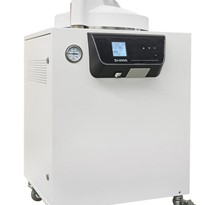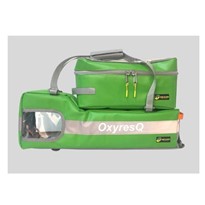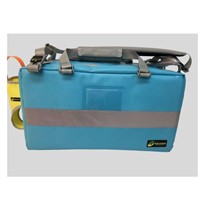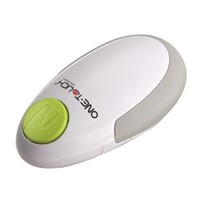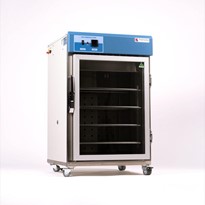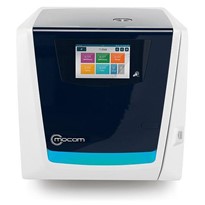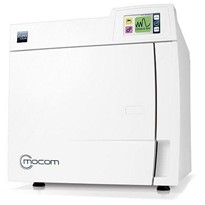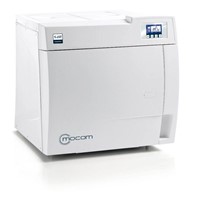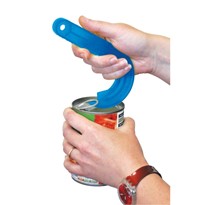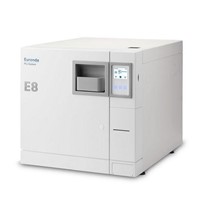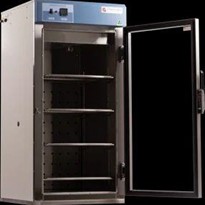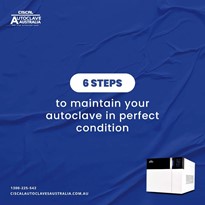What Is Autoclaving?
Autoclaving is a process of which steam, based on pressure, temperature, and time, is generated to sterilise all types of instruments. In many settings like industrial settings, medical settings, laboratory settings, and even a few recreational settings, autoclaves are widely used to sterilise important objects.
Autoclaves are the go-to sterilisation device because it can kill all microbial life, from bacteria and viruses to spores. While autoclaves are capable of sterilising many glass and plastic instruments, there are also certain restrictions that come with this.

What Types Of Glass and Plastic Material Can Be Autoclaved?
As previously mentioned, glassware and plastics are generally safe for autoclaving. However, autoclaving can further weaken the strength of plastic material particularly for already weaker plastics. The following plastic materials are considered safe for repeated autoclaving:
- Polycarbonate containers, though they are less resilient and can only undergo 30-50 autoclave cycles
- Polypropylene and polypropylene copolymer containers, which can be autoclaved repeatedly
- Fluoropolymer products such as Teflon PFA, FEP, or ETFE, which are also considered safe for withstanding the autoclave process
Resins such as PETG, PET, LDPE, AND HDPE are not recommended to be sterilised through autoclaving. However, they may be sterilised using the gas ethylene oxide formaldehyde.
Glass is considered safe for autoclaving however, borosilicate glassware is recommended because it is composed of silica and boron trioxide which are known to withstand high pressures better than other glass materials.
In terms of closure liners, rubber and Teflon are known to be safe for autoclaving as well. Make sure that you clean and rinse all objects with distilled water prior to autoclaving to avoid any reactions with pre-used chemical solutions.
Another precautionary measure to take it to make sure that bottles are loosely capped in order to prevent explosions from high pressures. For bottles that are not made of safety glass (or are basically not Pyrex) then cover them with aluminum foil.
Other objects that can be autoclaved include cotton plugs, labware, gauze, plastic caps, filters, water, pipettes, and stainless steel, nutrient media. However, metal instruments or objects are not recommended for autoclaving because this can lead to the formation of rust.

What Materials Cannot Be Autoclaved?
When autoclaving glass and plastic, it is important that they are cleaned properly and do not contain hazardous materials that can create toxic vapors and explosives. Listed below is a guide of incompatible autoclaving materials:
- Household glassware
- Materials that contain solvents or volatile, corrosive, or flammable chemicals
- Materials that contain bleach
- Phenol and Trizol
- Polyethylene (PE), polystyrene (PS), and high-density polyethylene (HDPE) plastics
- Materials contaminated with cytotoxic drugs or chemotherapeutic agents
- Nylon, acrylic, and PVC
Summary
Autoclaves are trusted sterilisation devices based on their capabilities to efficiently and effectively kill any traces of harmful microbial life.
However, before autoclaving anything, make sure that you are aware of what can and cannot be autoclaved. Glassware is generally safe for autoclaving, but make sure it does not contain any hazardous materials and that it is not household glassware, as this can lead to dangerous accidents and other harmful consequences.
On the other hand, plastic has a few more stringent restrictions. Safe plastics to autoclave include polycarbonate, polypropylene, polypropylene copolymer, and fluoropolymer containers; however, few types of resins must be sterilised with gas and not through autoclaving.


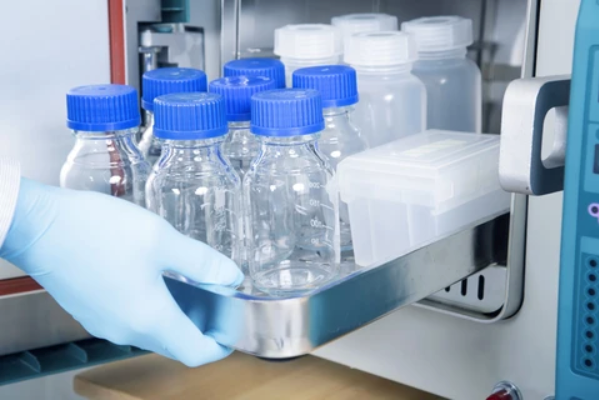



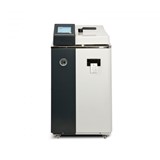





-160x160-state_article-rel-cat.png)





-160x160-state_article-rel-cat.png)
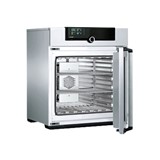


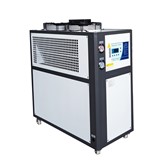

-205x205.jpg)
